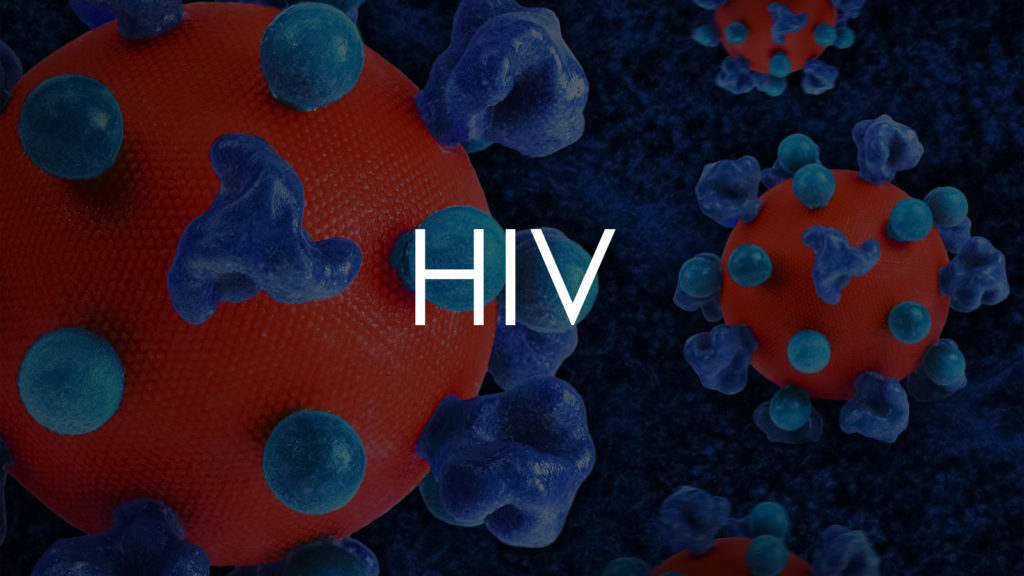Treatment of HIV is crucial for managing the virus, improving quality of life, and preventing transmission. Advances in medical research have made it possible for individuals with HIV to live long, healthy lives. Understanding the different aspects of HIV treatment can help in effectively managing the condition.

Antiretroviral Therapy (ART)
What is ART?
Antiretroviral therapy (ART) is the cornerstone of HIV treatment. It involves taking a combination of HIV medicines daily to control the virus. ART reduces the viral load in the blood, helping to maintain a healthy immune system and prevent the progression to AIDS.
Goals of ART
The primary goals of ART are to:
- Reduce the HIV viral load to undetectable levels
- Restore and preserve the immune system
- Improve quality of life
- Reduce HIV-related morbidity and mortality
- Prevent HIV transmission
How ART Works
ART works by inhibiting the replication of HIV in the body. This helps in reducing the amount of virus in the blood and bodily fluids, allowing the immune system to recover and function effectively.
Adherence to Treatment
Importance of Adherence
Strict adherence to the prescribed ART regimen is critical for its effectiveness. Missing doses can lead to drug resistance, making the virus harder to treat and increasing the risk of transmission.
Strategies for Adherence
To improve adherence, individuals can:
- Set reminders or alarms
- Use pill organizers
- Establish a routine
- Seek support from healthcare providers, family, or support groups
Monitoring and Managing Side Effects
Common Side Effects
ART can cause side effects, which vary depending on the specific medicines used. Common side effects include nausea, fatigue, and diarrhea. Long-term use can also lead to more serious side effects, such as liver or kidney damage, and metabolic changes.
Managing Side Effects
Managing side effects is crucial for maintaining adherence to ART. Strategies include:
- Regular medical check-ups
- Adjusting dosages
- Switching to different medications within the ART regimen
- Using supportive therapies to alleviate symptoms
Drug Resistance
Causes of Drug Resistance
Drug resistance occurs when HIV mutates and becomes less responsive to the current ART regimen. This can result from inconsistent adherence to the treatment plan or from the use of suboptimal therapy.
Preventing and Managing Drug Resistance
Preventing drug resistance involves:
- Adhering strictly to the ART regimen
- Regular viral load monitoring to ensure the effectiveness of treatment If resistance occurs, healthcare providers may adjust the treatment plan, including changing medications to regain control over the virus.
Co-Treatment for Opportunistic Infections
What are Opportunistic Infections?
Opportunistic infections are illnesses that occur more frequently and with greater severity in individuals with weakened immune systems, such as those with HIV. Common infections include tuberculosis, pneumonia, and certain types of cancers.
Preventive Measures
To prevent opportunistic infections, individuals with HIV may:
- Take prophylactic medications
- Receive vaccinations
- Maintain a healthy lifestyle, including a balanced diet and regular exercise
Treatment Strategies
If an opportunistic infection occurs, it is treated with specific medications alongside the ongoing ART regimen. Effective management of these infections is essential for maintaining overall health and improving quality of life.
Mental Health Support
Psychological Impact of HIV
Living with HIV can lead to psychological challenges, including depression, anxiety, and stress. Mental health support is a critical component of comprehensive HIV treatment.
Accessing Mental Health Services
Individuals with HIV should have access to mental health services, such as counseling, support groups, and psychiatric care. Integrating mental health support into HIV care can improve adherence to ART and overall well-being.
Lifestyle and Supportive Care
Healthy Lifestyle Choices
Adopting a healthy lifestyle can complement HIV treatment and improve overall health. Key aspects include:
- Balanced nutrition
- Regular physical activity
- Adequate sleep
- Avoiding smoking, alcohol, and recreational drugs
Support Systems
Having a strong support system can significantly impact the well-being of individuals with HIV. Support can come from:
- Family and friends
- Healthcare providers
- Support groups and community organizations
Conclusion
Effective treatment of HIV involves a comprehensive approach that includes ART, adherence strategies, management of side effects, prevention of drug resistance, co-treatment for opportunistic infections, mental health support, and healthy lifestyle choices. Early diagnosis and consistent treatment can lead to a long, healthy life and reduce the risk of HIV transmission. Regular consultation with healthcare providers and staying informed about new developments in HIV treatment are essential for optimal care.